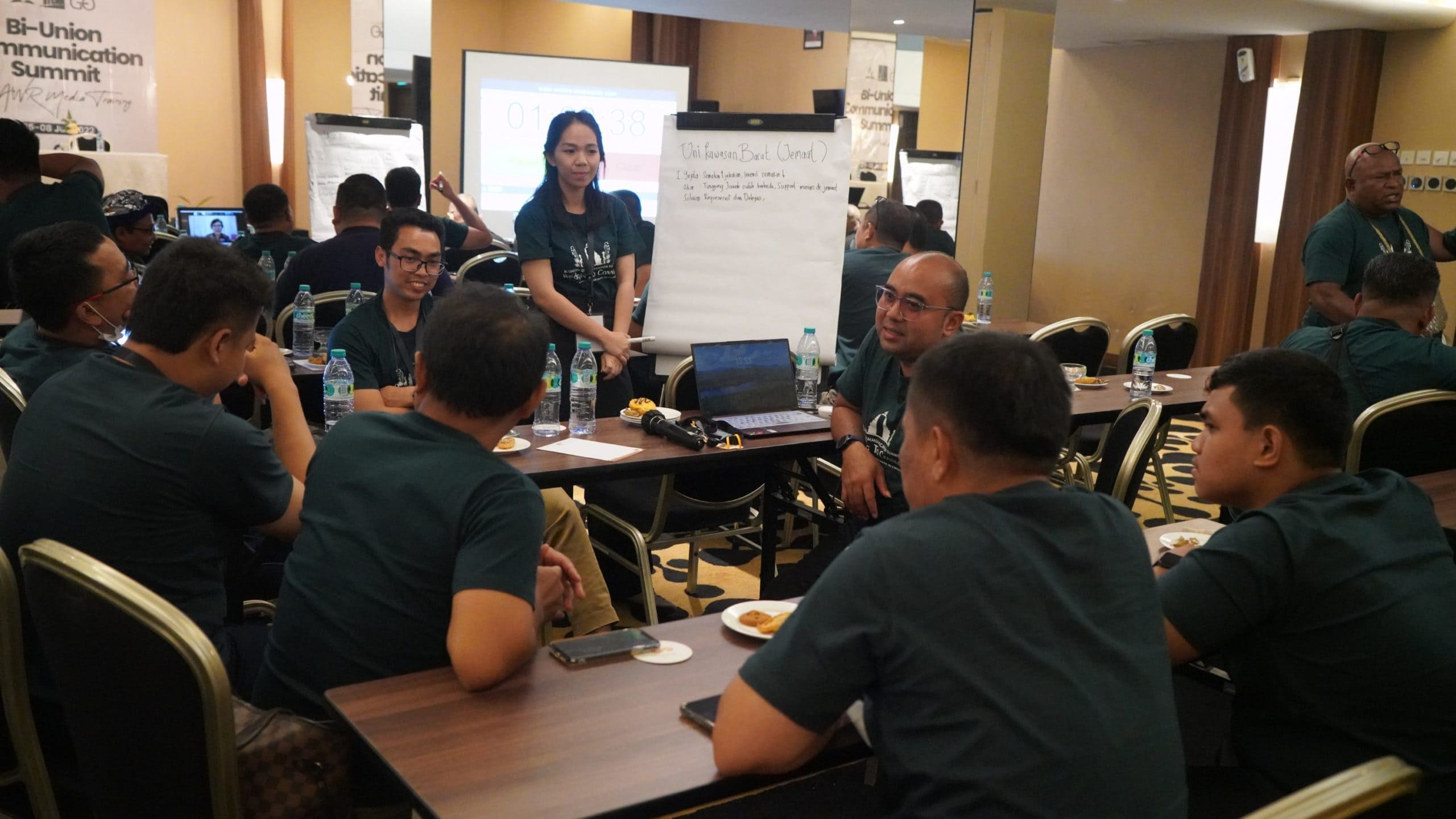
Realizing the immensity of doing evangelism online, communication leaders in Indonesia convened from July 5 to 8, 2022, to train and to develop strategies on how they can amplify digital evangelism, especially in Indonesia. Coming from different islands of the biggest archipelago, more than 100 communication leaders flew to Bali, Indonesia, to participate in the Bi-Union Communication Summit and AWR Media Training.
The advent of digital evangelism has opened new trends and introduced new strategies that help churches establish a relationship with the community. Since the pandemic, digital evangelism has exploded worldwide and was used in church gatherings, evangelistic programs, and meetings. Generations of all ages were forced to understand and migrate to the new systems to be a part of an online community where they could worship and serve God despite the world crisis.
Leaders from the Southern Asia-Pacific Division (SSD), Adventist World Radio (AWR), Hope Channel Indonesia, and the General Conference of Seventh-day Adventists (GC) joined the gathering to impart spiritual guidance and technical expertise to delegates.
Williams Costa, GC Communication director, joined virtually and sent messages of encouragement. Digital evangelism can reach billions of people through different applications and strategies, he said in his presentation, and “through the character, we reflect on the world.” While focusing on the importance of technology, Costa also reminded delegates about the importance of Christian nature as they carry forward God’s mission.
“I challenge each of you to be a believer who believes in Jesus. Have faith that our efforts will not be in vain, but through prayer and dedication, God will utilize every medium to proclaim His word around the world,” Costa said.
AWR cellphone evangelism specialist Neville Neveling talked about the emergence of smartphones that create portability, accessibility, and connectivity. He focused especially on the use of WhatsApp in opening opportunities for the church in reaching people for Jesus.
“This unconventional strategy to conduct evangelism online is reaching people exactly where they are. This strategy breaks down walls and borders and enables us to bring the message of hope straight to their personal spaces,” Neveling said. “With the right strategy, message, and platform, millions of people can be reached and hear Jesus speaking to them through their smartphones.”
Everyone Has a Role to Play
Roger Caderma, SSD president, shared a devotional message via Zoom videoconference. He stressed that church members all have different roles. They are created with different functions and created in a way that their skills will complement each other to function according to God’s leading, he said.
“We are one body, and God is calling us to go as one to proclaim the gospel message,” Caderma said. “It doesn’t matter if you are a writer, a photographer, a pastor, a teacher, or a leader, everyone is valuable in God’s work, and everyone has an important role to play in the furtherance of his work.”
In his presentation, SSD communication director Mamerto Guingguing II focused on the church’s identity and the message for the world. Known to be a Bible-based religion, the Seventh-day Adventist Church should be on the front lines in spreading the truth, especially to those seeking Jesus.
“We are people of the Bible, and it should reflect in our organization, actions, character, and content. This consistency across all mediums speaks clearly of the faith and message we want to share with the world,” Guingguing said.
Digital evangelism is still ascending, summit presenters made clear. As technology continues to evolve, more avenues for the church to utilize in participating in the gospel mandate will arise. At the close of the summit, communication leaders in Indonesia accepted the charge of developing methods with technology to maximize its use for ministry.
The original version of this story appeared in the Southern Asia-Pacific Division news site.